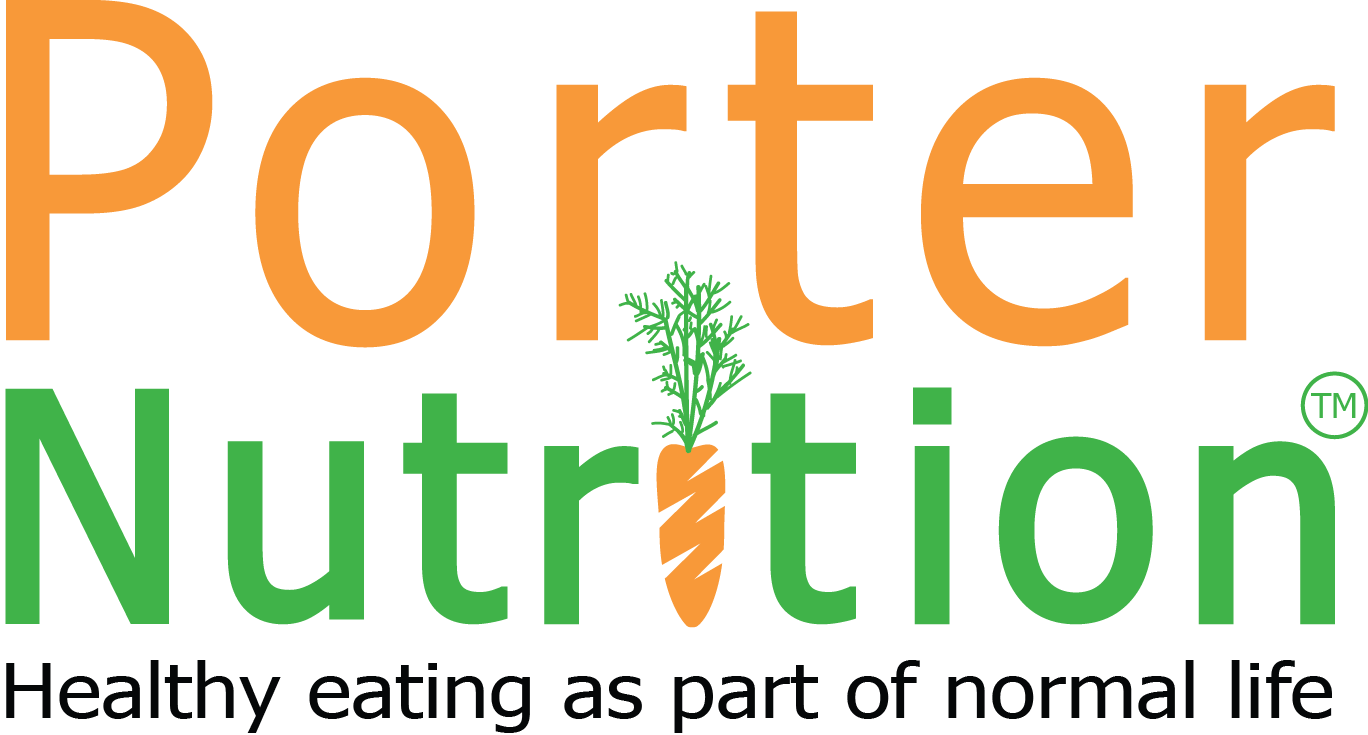Bread has had a lot of bad press over the last few years. But is bread really that bad for us?
What does bread contain?
According to The Bread and Flour Regulations 1998 calcium carbonate, iron, thiamin (vitamin B1) and nicotinic acid or nicotinamide (vitamin B3) must be added to all wheat flour in Britain, with a few exceptions.
In the UK, bread is an important food for us in terms of getting fibre, B vitamins, calcium and iron into our diets.
Bread flour is a source of carbohydrates which provide energy, protein and fibre. The type of bread will have different proportions of these. It also contains yeast, butter or oil, salt and sugar. Bread you buy in the shops may also contain other ingredients to help preserve it and keep the texture.
Why do some reports suggest it is bad to eat bread?
Some people find that bread can increase bloating. This might be in part due to the type of bread they are eating and to the speed we often eat bread but it may also be because of the fermentable oligosaccharides. These are short chain carbohydrates which are non digestible so our gut bacteria ferment them, increasing gas and short-chain fatty acid production. That sounds like a bad thing, doesn’t it? Well it depends on how well our bodies respond to them (those with certain conditions like IBS may not cope so well). Oligosaccharides can be really beneficial for a healthy gut and can help to reduce heart disease risk.
Some breads, particularly those made from white flour, have a high glycaemic index which means they release the sugars they contain into the blood quickly which can mean we feel hungry more quickly and so eat more than we need. These spikes in sugar can also lead to insulin resistance and diabetes if repeated regularly over time too.
Bread can also be quite high in salt. Manufacturers have done a lot to reduce how much salt bread contains but it is important to remember when you are planning your meals and keeping below the recommended maximum of 6g a day for adults that bread contains salt. That doesn’t mean we can’t have bread but reducing salt in other places is important and perhaps just having bread once a day would be best.
Should we avoid bread then?
Good news for bread lovers! Bread does not need to be avoided. Like everything else, it should be eaten in moderation. Having a range of starchy carbohydrates is important and bread can be one of those.
Which type of bread is best for us?
The more fibre in our bread the better (for the over 2 year olds anyway). These are breads made from whole grains. Some seeded breads are also good options, although many are white bread with seeds so they aren’t as high in fibre as the wholegrain varieties. Check the label to see.
You don’t have to stick to wheat bread either. It’s great to get variety by including breads made from buckwheat, oatmeal, cornmeal, rye flours.
Ideally we want to eat which is as unprocessed as possible. Making your own is a great way to do this but it isn’t always practical. Quicker options include chapatis, flatbreads or pitta. If you can’t make your own or just don’t have time, the best best option is to buy fresh bread (freeze in portions so you don’t end up wasting it) as it is likely to contain fewer additives.
What we put on our bread is important too?
Jam or butter is going to give fewer nutrients than peanut butter or low fat cream cheese for example. What we put on our bread can also impact the speed in which the sugars in bread are released in the blood stream and so having an impact on how quickly we feel hungry again.
The take home messages
- Bread can be part of a healthy diet
- Bread contains a range of nutrients which are important for health
- Whole grain breads are the best option
- As unprocessed as possible is the way to go
- Try breads made with other flours for variety
Disclaimer: this article is meant for information only and does not provide personalised dietary advice. If you need advice, please seek the support of a Registered Nutritionist or dietitian.

